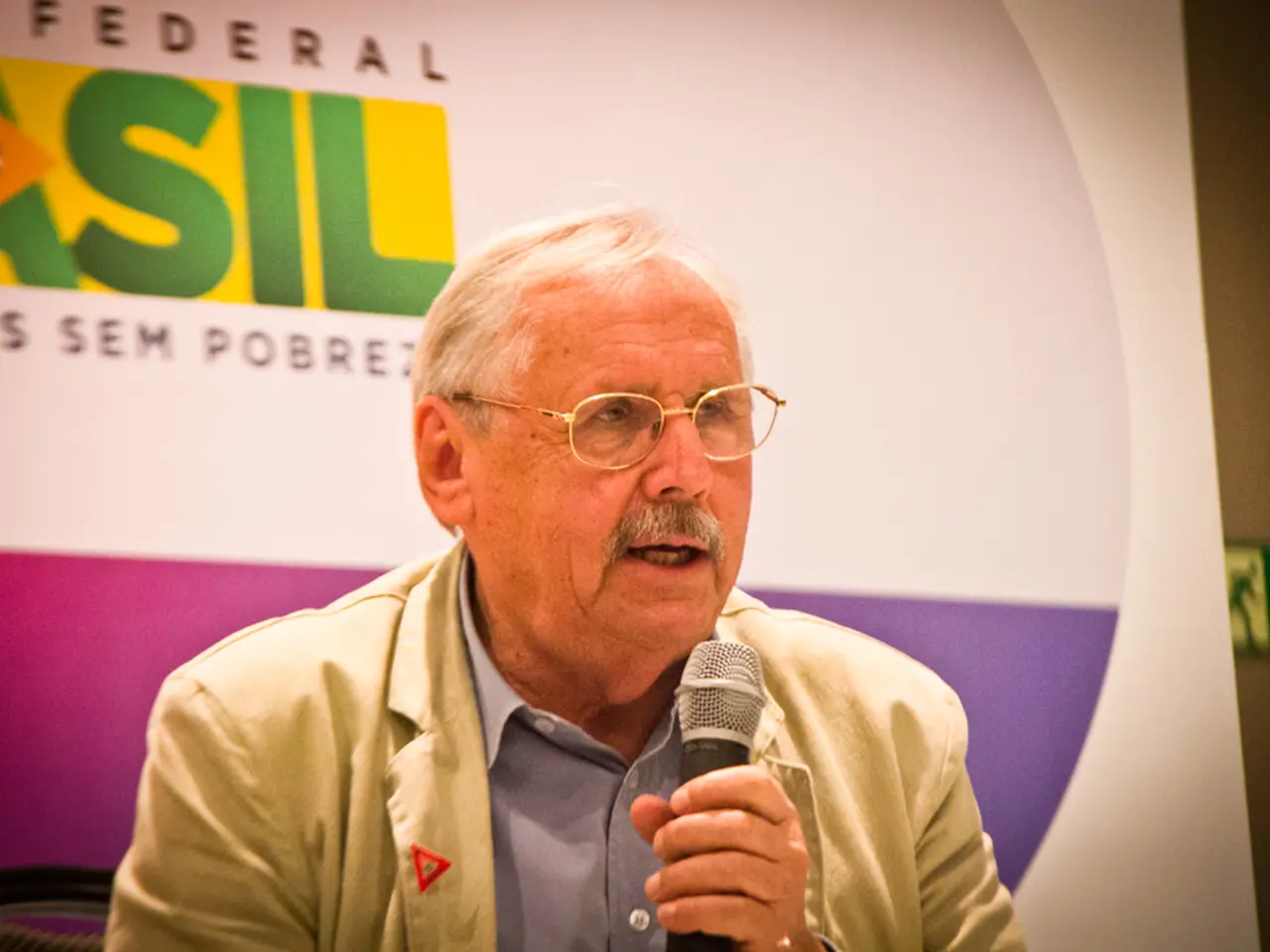Syrian authorities abandon discussions with the Kurds in Paris, prompted by appeals from ethnic minorities for a federal governance structure.
In a significant development, Syria's new government, comprised of rebel groups who overthrew former president Bashar Al Assad, has decided not to participate in the Paris meetings aimed at mediating with the Syrian Democratic Forces (SDF). The government is adamant that all negotiations should take place in Damascus, the legitimate and national venue for dialogue among Syrians.
The government's stance stems from its opposition to the recent Kurdish-led conference in northern Syria, which called for decentralized governance and a democratic constitution. Damascus views this as a challenge to Syria’s territorial unity and sovereignty, undermining the March 10 agreement to integrate the Kurdish-led SDF's institutions into the Syrian state while maintaining territorial unity.
The government also accuses the SDF of trying to revive the defunct Baathist regime era by promoting separatist or factional approaches. They insist on strict adherence to the March 10 deal and full implementation in the framework of Syrian sovereignty.
Moreover, ongoing military clashes between the Syrian government forces and the SDF, including recent deadly incidents in Aleppo province, have heightened tensions and contributed to Damascus's rejection of French-mediated talks in Paris.
The government's position is clear: they see the talks as illegitimate and prefer negotiations in Damascus. They oppose decentralization proposals from the SDF, condemn the recent Kurdish conference, and want all dialogue to occur under a Syrian national framework consistent with Syrian sovereignty and constitutional processes.
Meanwhile, the Syrian government has announced plans to hold elections next month and begin the process of drafting a new constitution. The US-backed, Kurdish-led Syrian Democratic Forces (SDF) have resisted integrating into the Syrian state, despite agreeing to do so under a deal reached in March.
The government source described the alliance in the north-east of the country as an alliance of parties harmed by the victory of the Syrian people and the fall of the defunct regime, along with some entities attempting to monopolise the representation of Syria's components by the force of the status quo.
As the new government seeks to rebuild the country's economy and infrastructure after winning international support and investment, the talks in Paris are seen as essential. However, the government's stance on negotiations remains firm, signalling a preference for direct negotiations on Syrian soil and underscoring deep political divisions.
In related news, Ghazal Ghazal, the spiritual leader of Syria's Alawite minority, called for a decentralised or federal system that protects religious and cultural rights of all sections of the population at a conference in the SDF-controlled north-eastern city of Hassakeh.
The Syrian government, France, and the US announced last month that they had agreed to convene talks in Paris to integrate the autonomous Kurdish administration into the Syrian state. However, the government's decision not to participate in these talks marks a significant obstacle in the path towards a peaceful resolution and a united Syria.
- The new Syrian government, which overthrew Bashar Al Assad, has decided not to participate in the Paris meetings, preferring all negotiations to take place in Damascus, the legitimate and national venue for dialogue among Syrians.
- On the economic front, the Syrian government is planning to rebuild the country's economy and infrastructure after winning international support and investment.
- The Syrian government's stance on negotiations remains firm, signaling a preference for direct negotiations on Syrian soil due to ongoing military clashes with the Syrian Democratic Forces (SDF).
- Ghazal Ghazal, the spiritual leader of Syria's Alawite minority, called for a decentralized or federal system that protects religious and cultural rights of all sections of the population, contradicting the government's stance on Syria's territorial unity and sovereignty.






